Vaše cesta ke zdraví začíná v Sofra! 70 tisíc hostů, miliony možností
Více o násdlouholetá tradice
klientů
procedur
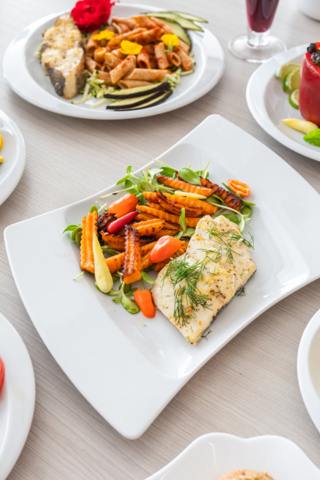
potravina


Institut zdraví Sofra v Karpaczi je moderní zařízení s komfortními pokoji a apartmány a komplexním léčebným a gastronomickým zázemím a profesionální SPA & wellness zónou. Jeho nezpochybnitelnou předností je poloha – v samotném srdci města Karpacz, s přímým výhledem na Krkonoše a jejich nejvyšší horu Sněžku.
Institut zdraví Sofra v Mielnu se nachází uprostřed zeleně na poloostrově – pouhých 100 m od Baltského moře a 250 m od jezera Jamno. Toto malebně umístěné zařízení nabízí po celý rok komfortní odpočinek v dokonale zařízených pokojích a profesionální hubnoucí a rehabilitační kúry, jimž předchází důkladné posouzení zdravotního stavu.
Institut zdraví Sofra v Karpaczi je moderní zařízení s komfortními pokoji a apartmány a komplexním léčebným a gastronomickým zázemím a profesionální SPA & wellness zónou. Jeho nezpochybnitelnou předností je poloha – v samotném srdci města Karpacz, s přímým výhledem na Krkonoše a jejich nejvyšší horu Sněžku.

Institut zdraví Sofra v Mielnu se nachází uprostřed zeleně na poloostrově – pouhých 100 m od Baltského moře a 250 m od jezera Jamno. Toto malebně umístěné zařízení nabízí po celý rok komfortní odpočinek v dokonale zařízených pokojích a profesionální hubnoucí a rehabilitační kúry, jimž předchází důkladné posouzení zdravotního stavu.

Sofra
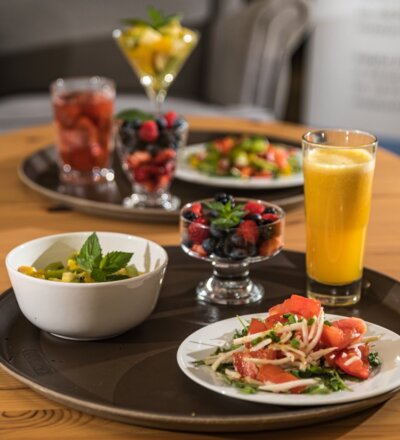







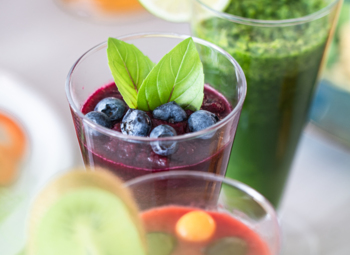


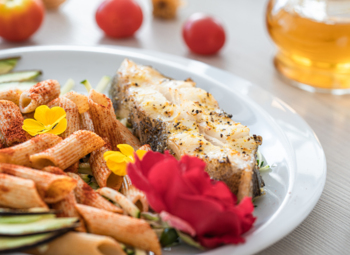




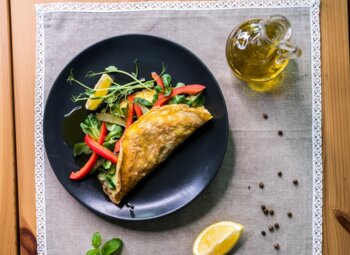





.jpg?updated=2025-11-25_12-10)



